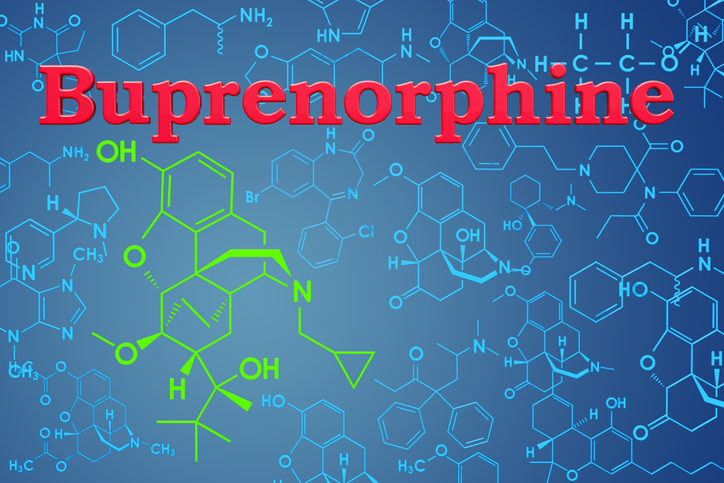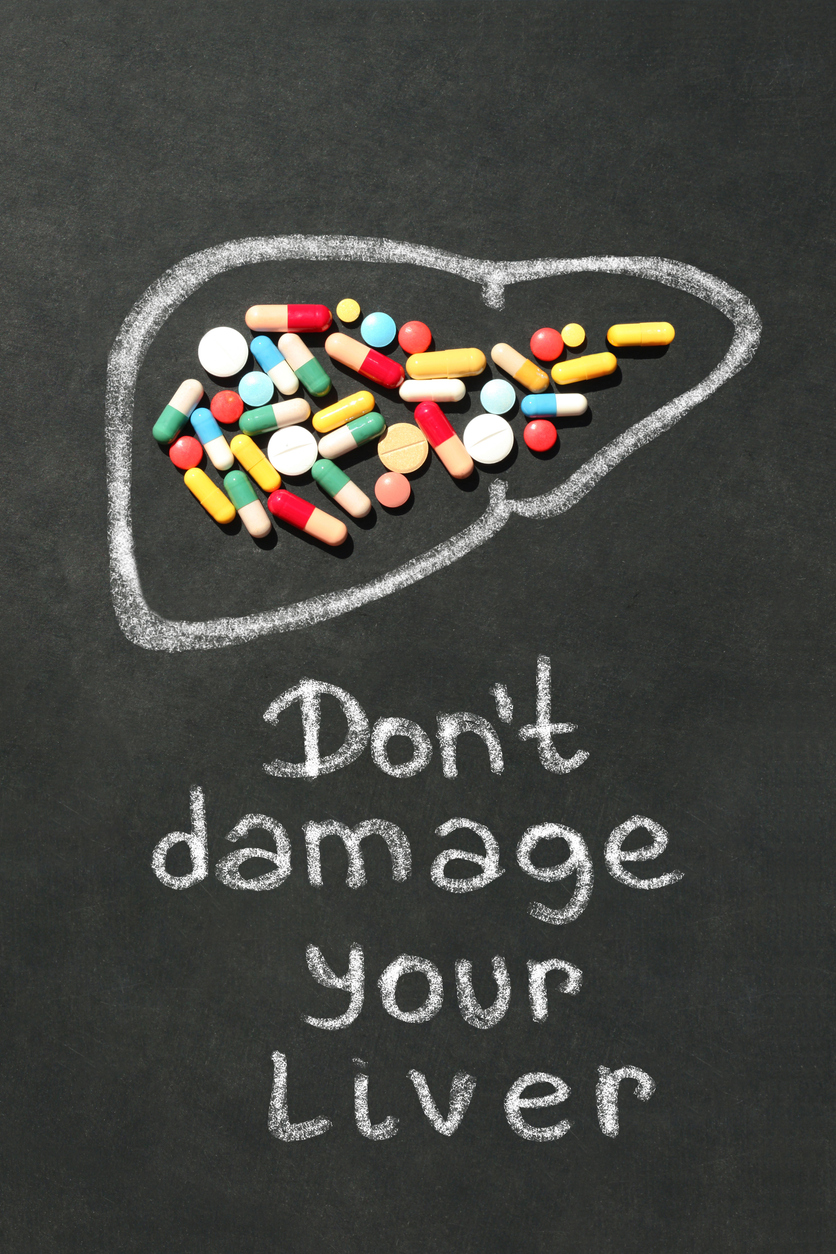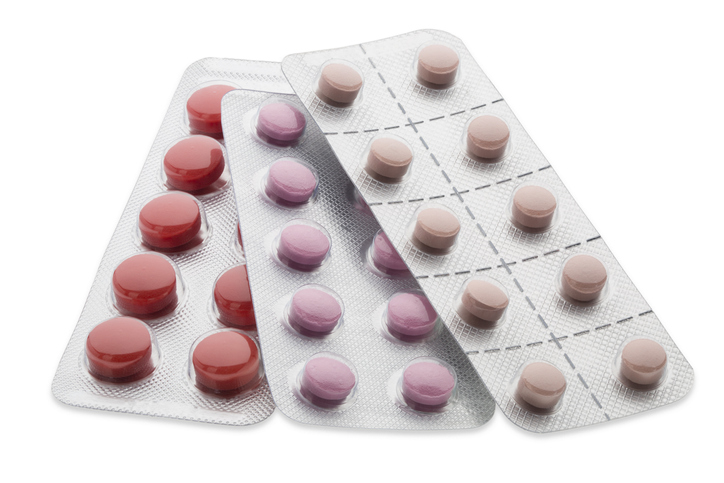Treatments
What Is Nabiximols?

Nabiximols is a cannabis-plant extract that contains tetrahydrocannabinol (THC) and cannabidiol (CBD). It belongs to the cannabinoid medication family and comes in the form of a spray. The spray allows for individualized dosing according to tolerance and response. Nabiximols is prescribed to treat pain and is one of the first cannabis-based medicines to undergo conventional clinical development and to be approved as a prescription medicine. It is not available for use in all countries, including the United States; however, it is available in Canada.
How it works
It is unknown exactly how THC and CBD relieve nerve pain. However, nabiximols is believed to mimic cannabinoids, which are natural pain relievers released in the body. It is prescribed alongside other medications to relieve muscle spasms that occur with multiple sclerosis (MS) for those who have not responded adequately to other treatment options.
Side effects
Contact a health care professional if side effects become severe. Common side effects of nabiximols include, but are not limited to, the following:
- Abdominal pain
- Appetite changes
- Balance issues
- Constipation or diarrhea
- Cough or sore throat
- Difficulty speaking
- Dizziness
- Dry mouth
- Fatigue
- Forgetfulness
- Mood changes
- Nausea or vomiting
- Soreness in mouth
- Tooth or mouth discoloration
- Unusual taste
Less common side effects include the following:
- Anxiety
- Blood pressure changes
- Blurred vision
- Confusion
- Depression
- Difficulty urinating
- Disorientation
- Fainting
- Falling
- Feeling “high”
- Hallucinations
- Increased heart rate
- Lost sense of reality
- Mouth sores
- Slurred speech
Seek immediate medical care for serious side effects, which include the following:
- Allergic reaction, such as hives, difficulty breathing, or swelling of the lips, tongue, face, mouth or throat
- Paranoia
- Thoughts of self-harm or suicide
How to use
Nabiximols is available as a spray and is to be sprayed under the tongue or on the inside of the cheeks. The usual starting dose for adults is one spray, twice per day on the first day. Effects should be experienced in approximately 30 minutes. Do not spray the throat or nose. The health care professional may advise increasing the dose by one spray every 24 hours, not to exceed 12 doses over a 24-hour period. Doses should be spaced evenly apart.
Precautions
There are certain instances in which nabiximols should not be used, which include the following:
- Allergic to cannabinoids or any of the ingredients in nabiximols
- Women of child-bearing age that are not using reliable contraception
- Pregnant, plan to become pregnant, or breast-feeding
- Under 18 years old
- History of schizophrenia or other psychotic disorders
- Serious heart disease
- Uncontrolled blood pressure
- Men and women who intend to start a family while on treatment
To avoid drug interactions, inform the health care professional if taking over-the-counter or prescription medications, supplements, herbal products, or vitamins. All medical conditions or allergies should also be disclosed. Use extreme caution if combining nabiximols with any of the following:
- Alcohol
- Depression
- Drowsiness
- Elderly
- Heart problems
- Intoxication
- Kidney disease or reduced kidney function
- Liver disease or reduce liver function
- Mental health conditions
- Seizure disorders
- Substance abuse
- Suicidal or self-harm thoughts
Conclusion
Extreme caution should be used when prescribing nabiximols to those with MS that are affected by spasticity. Neurobehavioral side effects can emerge. The Warnings and Precautions and Action and Clinical Pharmacology sections of the Canadian product monograph for nabiximols have been revised to state that it should not be used for those with moderate or severe hepatic impairment. Health care professionals should consider alternative treatment options for those with neuropathic or cancer pain.
Further studies are needed for approval of spasticity treatment for MS or neuropathic pain. Positive results of the use of nabiximols as an add-on therapy indicate it to be efficacious and well tolerated in the treatment of these symptoms.
Additional source: MedBroadcast















